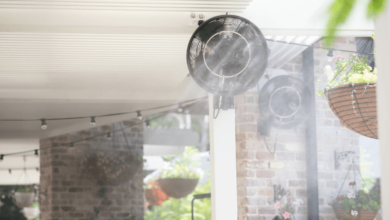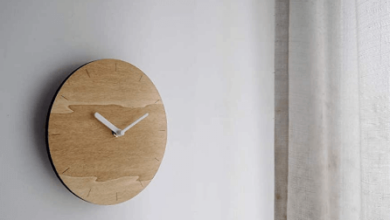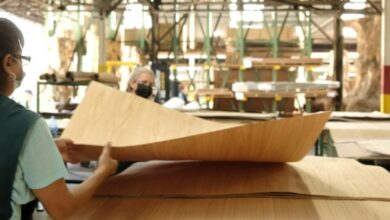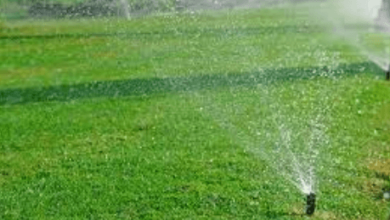Caring for Your Sewer Line After Replacement

After investing in replacing your sewer line, ensuring its longevity and efficiency becomes paramount. Proper maintenance not only safeguards your property from potential damage but also prevents costly repairs in the future. We will explore Premier Plumbers‘ practical strategies for maintaining your sewer line post-replacement, helping you prolong its lifespan and maintain a healthy plumbing system.
Regular Inspections and Maintenance
Regular inspections are crucial to identifying any early signs of issues with your sewer line. Factors such as root intrusion, soil shifts, or aging pipes can impact its functionality even after replacement. Schedule periodic inspections by a qualified plumber who can conduct thorough checks using advanced equipment like video cameras to assess the condition of your sewer line.
Promptly Addressing Issues
Addressing any identified issues promptly is critical to preventing them from escalating into costly repairs. Post-replacement, be vigilant for signs such as slow drains, foul odors, or unusual noises from your plumbing system. These could indicate potential problems that, if left unattended, may lead to extensive damage requiring significant repairs or even another replacement.
Maintaining Proper Drainage
Proper drainage maintenance is essential to the health of your sewer line. Avoid flushing non-biodegradable items, grease, or large food particles down the drains, as these can contribute to clogs and strain your sewer system. Install drain traps to catch debris and minimize the risk of blockages. Additionally, landscaping and construction activities near sewer lines should not compact the soil or damage pipes, which could affect drainage.
Read also: The Impact of MVHR Units on Home Comfort and Health
Effective Use of Chemicals
While chemical drain cleaners may quickly fix clogs, they can also harm your sewer line over time. Harsh chemicals corrode pipes and disrupt the natural balance of bacteria that help break down waste. Opt for enzymatic or natural alternatives to clear minor clogs safely without compromising the integrity of your sewer line. Consult with your plumber for safe products that won’t damage your pipes.
Monitoring Water Flow
Monitoring water flow is crucial in maintaining the efficiency of your sewer line. Be mindful of your household’s water usage habits and avoid excessive water consumption, which can overload the sewer system. Install water-efficient fixtures and appliances to reduce strain on your sewer line and prevent backups. Periodically check your water meter for any unexpected increases in usage, which could indicate a leak or other issues that need immediate attention.
Regular Maintenance Checks
Regular maintenance checks are essential for the ongoing health of your sewer line. Schedule these checks annually or bi-annually, depending on your usage and the age of your pipes. During these inspections, a plumber can assess the condition of your sewer line, looking for any signs of wear, leaks, or potential blockages. They can also perform preventive measures such as hydro-jetting to clean out any buildup within the pipes, ensuring optimal flow and reducing the risk of future issues.
Proper Waste Disposal Practices
Proper waste disposal practices play a significant role in maintaining a healthy sewer line. Avoid flushing items such as diapers, sanitary products, wipes, and paper towels, as these can easily cause blockages. Educate household members about what should and shouldn’t go down the drain to minimize the risk of clogs and potential damage to your sewer line. Additionally, consider using a garbage disposal unit responsibly, ensuring that it only processes biodegradable food waste and that excessive grease and oils are disposed of properly.
Seasonal Considerations
Seasonal changes can impact the performance of your sewer line. For example, freezing temperatures can cause pipes to contract and expand in colder climates, leading to cracks or leaks in older lines. Insulate exposed pipes and take measures to prevent freezing during winter months. During fall, remove leaves and debris from outdoor sewer access points to prevent them from entering and potentially blocking your sewer line. By adapting your maintenance routine to seasonal variations, you can better protect your sewer line throughout the year.
Professional Advice and Upgrades
Seeking professional advice periodically can help you stay proactive in maintaining your sewer line. Plumbers can provide insights into new technologies or upgrades that may improve the efficiency and longevity of your plumbing system. Consider upgrades such as installing a backwater valve to prevent sewage backups during heavy rains or adding a sewer line liner to reinforce aging pipes. These proactive measures not only enhance the performance of your sewer line but also reduce the likelihood of emergency repairs and unexpected disruptions to your home’s plumbing. By investing in professional guidance and upgrades, you can ensure that your sewer line remains in optimal condition for years.
Caring for your sewer line after replacement involves proactive maintenance and vigilance. By conducting regular inspections, promptly addressing issues, maintaining proper drainage, using chemicals judiciously, and monitoring water flow, you can ensure the longevity and efficiency of your sewer line. These practices protect your investment and contribute to a smoothly functioning plumbing system, promoting peace of mind and avoiding costly repairs down the road. Remember, a well-maintained sewer line is essential for your property’s overall health and safety.
<iframe src=”https://www.google.com/maps/embed?pb=!1m18!1m12!1m3!1d3569.5911864835125!2d-81.8628371!3d26.533269499999996!2m3!1f0!2f0!3f0!3m2!1i1024!2i768!4f13.1!3m3!1m2!1s0x88db1547b5dabff7%3A0x13152a6c818a9819!2sPremier%20Plumbers!5e0!3m2!1sen!2sus!4v1710586281943!5m2!1sen!2sus” width=”600″ height=”450″ style=”border:0;” allowfullscreen=”” loading=”lazy” referrerpolicy=”no-referrer-when-downgrade”></iframe>





